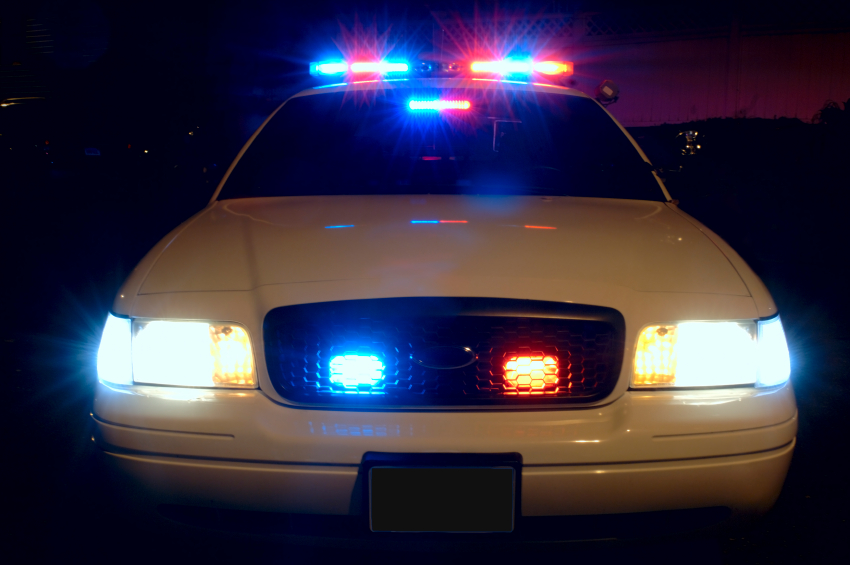A Facebook live video depicting the shooting of Philando Castile by a cop during a traffic stop got mysteriously removed yesterday, although it has since been restored, now with a “graphic content” warning. At the time, a Facebook rep told The Register that the video was “down due to a technical glitch and restored as soon as we were able to investigate.” However, multiple sources have told The Register that the police were involved in the removal of the video, and that it was not a “glitch.”
The video, which was captured by the Facebook Live feature, got posted by Castile’s girlfriend Diamond Reynolds, who was present in the car during the shooting along with her four-year-old daughter. After the shooting, Reynolds was arrested by the police; in a statement about her arrest, she says: “They took my phone. They took over my Facebook. They took everything I had at the time.”
Reynolds went on to express her suspicion that the police had removed her video from her account after her phone had been confiscated, saying, “They’re going to tamper with evidence. This is not right, this is not acceptable.”
If it turns out that the police did remove Reynolds’ video from her Facebook page, that would indeed be tampering with evidence. Luckily, Facebook was able to restore the original video so that it can remain as evidence for any investigation going forward.
The Facebook live video feature has introduced an ironclad method for citizens to document what is happening to them, including graphic violence against them and their family members. I doubt that was the original intention behind the feature, but Mark Zuckerberg’s post about this video (and others like it) indicates that he is in favor of people using the service in this way:
Just yesterday, social media and videos were also used as a way to exonerate a man who was misidentified as a suspect in last night’s Dallas police shooting. Social media and photos were used to implicate this man originally, but live videos and photos from other protesters were also able to prove his innocence.
The use of live videos and up-to-the-minute coverage of protests has its own clear advantages and disadvantages, but at least it seems like social media networks are on the side of their users when it comes to preserving and protecting our right to post this type of content.
(via Gizmodo, image via Scott Davidson/Flickr)
—The Mary Sue has a strict comment policy that forbids, but is not limited to, personal insults toward anyone, hate speech, and trolling.—
Follow The Mary Sue on Twitter, Facebook, Tumblr, Pinterest, & Google+.









Published: Jul 8, 2016 12:49 pm